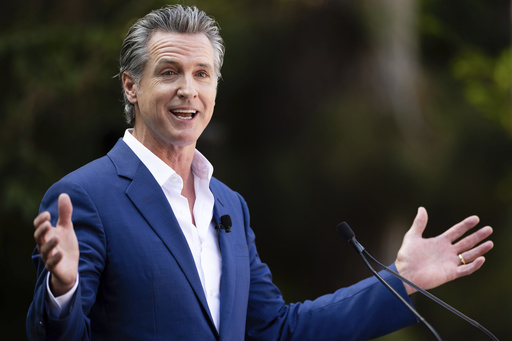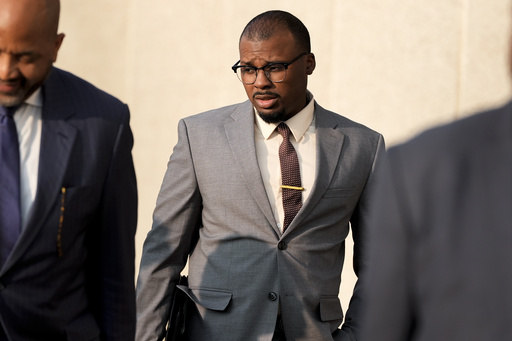California Governor Gavin Newsom recently approved legislation designed to safeguard actors and performers in Hollywood from unauthorized use of artificial intelligence to create digital replicas of themselves without permission. The new laws signify a significant step by California lawmakers to regulate the entertainment industry, which has had minimal oversight in the United States but now significantly impacts the lives of Americans.
Governor Newsom, a Democrat, voiced his support for the legislation, emphasizing the need to balance protecting individuals and workers from potential AI risks while fostering the growth of the burgeoning industry. The laws aim to ensure that the entertainment sector thrives while enhancing protections for workers regarding the usage of their likeness.
In response to concerns raised by a Hollywood actors’ strike over low wages and fears of studios exploiting AI technology to replace them, a new California law permits performers to withdraw from existing contracts if vague language could allow studios to utilize AI to digitally replicate their voices and images. The law is scheduled to come into effect in 2025 and is endorsed by the California Labor Federation and the Screen Actors Guild-American Federation of Television and Radio Artists (SAG-AFTRA).
Governor Newsom also signed another law, with SAG-AFTRA’s support, to prevent deceased performers from being digitally cloned for commercial purposes without obtaining consent from their estates. Advocates of the law view it as crucial to prevent unauthorized exploitation, citing an incident where a media company produced an AI-generated comedy special mimicking the late comedian George Carlin’s style and content without permission.
These new measures in California represent a milestone for SAG-AFTRA members and the wider community, providing enhanced AI protections secured through legislation. California is at the forefront of implementing performer protections against AI, with Tennessee being one of the initial states to secure similar safeguards for musicians and artists earlier this year.
Proponents of the legislation believe it will promote responsible AI usage without impeding innovation. On the other hand, opponents, including the California Chamber of Commerce, raise concerns over the enforceability of the new laws and anticipate potential prolonged legal disputes as a consequence.
These two new laws are part of a series of measures passed by lawmakers this year to regulate the AI industry. Governor Newsom is expected to sign a proposal aimed at combating election-related deepfakes, and while he has not yet commented on other pending legislation, he has until September 30 to decide whether to approve, veto, or let the proposals become law passively.




